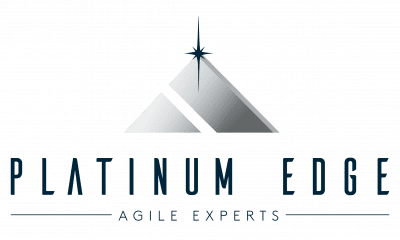Scrum is the most widely deployed, agile approach in software development. A transition to scrum serves as a framework for continual improvement and efficiency. Scrum adoption is still evolving and maturing in some geographies and is emerging in industries and business functions outside of software development. Those areas include manufacturing, education, healthcare, military, cybersecurity, publishing, HR, finance, sales, marketing, and leadership.
When you’re beginning your scrum journey and don’t have trained and proven scrum practitioners in your organization, your best bet is to hire an outside source. In doing so, you’ll have someone with experience who’s already been on the scrum journey. That person can guide you through the pitfalls and challenges of the initial stages of your transition to scrum.
The scrum master is a coach to the scrum team members and the organization on how scrum works, scrum values, and, ultimately agile principles. Anchoring your organization with solid scrum master talent is a good place to start. Here’s why.
Break through organization culture
The most obvious benefit of hiring an experienced scrum master consultant is that he/she isn’t already influenced by your organization’s culture. The consultant is not “part of the problem,” which gives them a level of clout and authority to help the organization out of their traditional habits and dysfunctions. Most organizations need this outside perspective and leadership to see the opportunities they wouldn’t otherwise see for
stepping away from the status quo.
Avoid common pitfalls
Implementing scrum values and roles simply by following the Scrum Guide and other resources like books and case studies are not enough in every scenario. A trained and experienced scrum master has already experienced the common pitfalls and tricky situations that invariably come up during scrum adoption.
Since each organization is unique, there are many ways in which a scrum project can go wrong. A consultant will be able to detect the signs of failure and resistance to change much earlier than an internal employee who is probably trained in scrum but has not experienced it first-hand.
Quickly achieve optimal efficiency

With a scrum master consultant on board, you can reduce the turnaround time for scrum adoption. Veteran scrum masters know how to facilitate bringing people together to reach consensus. Every scrum team goes through Tuckman’s four stages of forming, storming, norming, and performing. Because of the know-how, a consultant brings in, you’ll likely see a reduced time to norming and performing. The seasoned scrum master has in-depth knowledge of how to be a servant leader, facilitator, and shield.
Your internal employees can feed off the access to invaluable expertise from the consultant and quickly get up to speed. They can always approach someone with knowledge when they doubt a particular agile technique or way of working.
Focus on ensuring quality in the scrum master role
An external scrum master is less likely to be burdened and thrashed by dual responsibilities of doing the development work and filing in as “part-time” scrum master. A new scrum team needs a focused, dedicated, and effective scrum master.
Experienced scrum master consultants can also set the tone, expectations, and quality standards for the organization’s role moving forward.
Transition to scrum with our experts
If your organization is ready to adopt scrum and is looking for guidance, we can help. We offer transformation consulting solutions to prepare your scrum team for success. Learn more about these services today.


